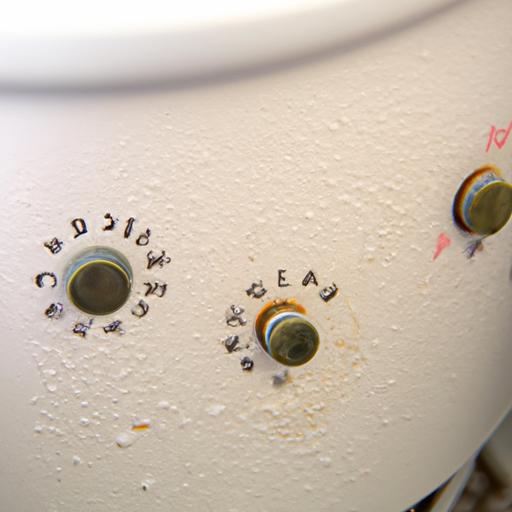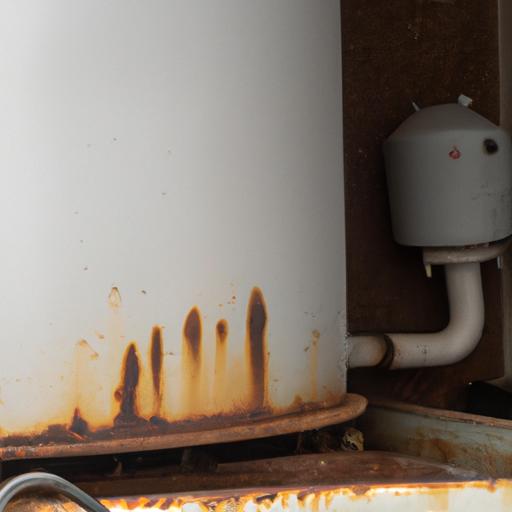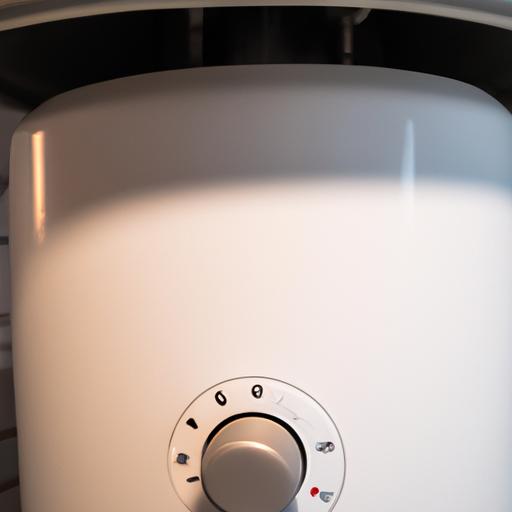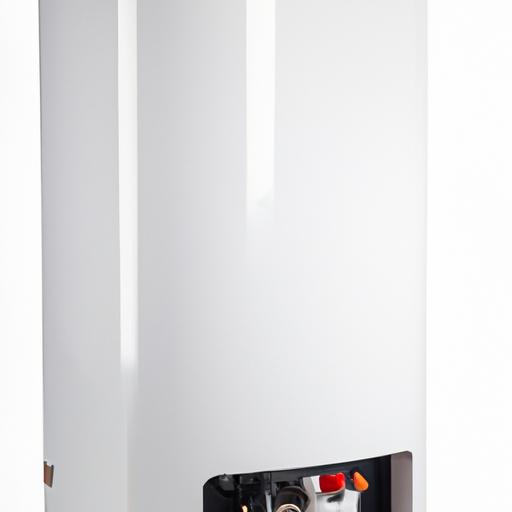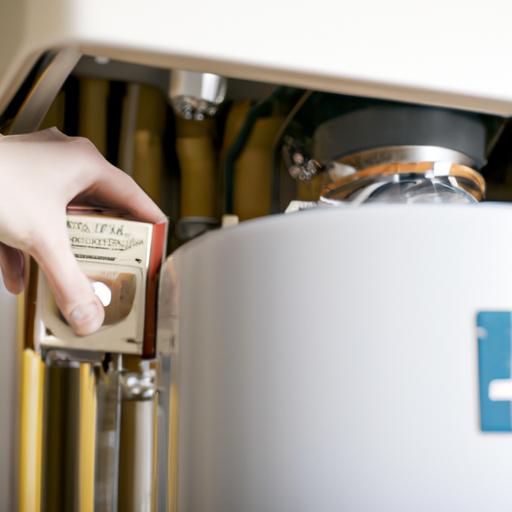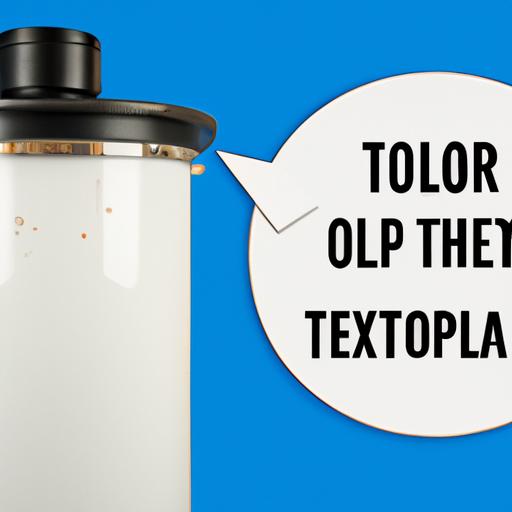When it comes to providing hot water for our daily activities, we often take the convenience for granted. But have you ever wondered how this essential resource reaches your tap? Enter the conventional water heater – a reliable and time-tested solution that has been warming homes and businesses for decades. Discover at plumbingrepairtips.com!
Definition and brief explanation of conventional water heaters
A conventional water heater, also known as a storage water heater, is the traditional system that most of us are familiar with. It consists of a large tank that holds and heats a predetermined amount of water. This heated water is then readily available whenever you need it, ensuring a constant supply of hot water for various purposes.
Importance of conventional water heaters in residential and commercial settings
Conventional water heaters play a crucial role in meeting the hot water demands of both residential and commercial settings. In homes, they provide warm showers, clean dishes, and sanitized laundry. In commercial establishments, they facilitate smooth operations in restaurants, hotels, and many other industries where hot water is a necessity.
Imagine waking up on a chilly morning, stepping into your bathroom, and being greeted by a refreshing hot shower. Or picture a bustling restaurant, where countless dishes are being cleaned with ease, thanks to the reliable hot water supply. None of this would be possible without the trusty conventional water heater.
Conventional water heaters have stood the test of time due to their simplicity, affordability, and reliability. While newer technologies such as tankless water heaters have gained popularity, conventional water heaters continue to be a popular choice for many households and businesses.
In the next section, we will delve deeper into how conventional water heaters work, unraveling the mystery behind this everyday marvel. So, stay tuned to learn more about the inner workings of these incredible machines.
Stay tuned for Section 2, where we will uncover the fascinating inner workings of conventional water heaters and how they efficiently provide hot water on demand.
Understanding How Conventional Water Heaters Work
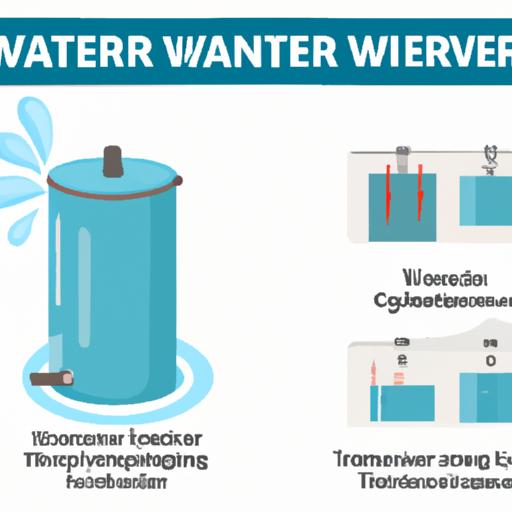
Overview of the basic functioning and components of a conventional water heater
To truly appreciate the wonders of a conventional water heater, let’s take a closer look at its inner workings. At its core, a conventional water heater consists of several essential components working together seamlessly.
1. Heating Element: Inside the tank, you’ll find a heating element responsible for warming the water. This element, usually powered by electricity or gas, heats the water to the desired temperature.
2. Storage Tank: The storage tank is the heart of the conventional water heater. It holds a predetermined amount of water, ranging from 30 to 80 gallons, depending on the size of the unit. The tank is insulated to retain heat, ensuring a constant supply of hot water whenever you need it.
3. Dip Tube: The dip tube is a small, narrow tube that directs incoming cold water to the bottom of the tank. By doing so, it ensures that the cold water doesn’t mix with the hot water, allowing for efficient heating.
4. Thermostat: The thermostat, similar to the one in your home’s heating system, controls the temperature of the water inside the tank. It switches the heating element on and off as needed, maintaining a consistent temperature.
5. Pressure Relief Valve: Safety is crucial when it comes to water heaters. The pressure relief valve serves as a safety mechanism, releasing excess pressure to prevent the tank from exploding in the event of a malfunction.
Explanation of the heating process and storage tank mechanism
Now that we understand the main components, let’s delve into how a conventional water heater heats the water and maintains its temperature.
When you turn on a hot water tap, cold water enters the tank through the dip tube. The heating element then kicks into action, heating the water to the desired temperature set on the thermostat. As the water heats up, it rises to the top of the tank, ready for use.
As hot water is drawn from the tank, cold water enters through the dip tube, and the heating process starts again to replenish the supply. This continuous cycle ensures that you have a steady stream of hot water available whenever you need it.
Understanding the inner workings of conventional water heaters allows you to appreciate the engineering behind this essential appliance. In the next section, we will explore the pros and cons of conventional water heaters, helping you make an informed decision for your hot water needs.
Stay tuned for Section 3, where we will discuss the pros and cons of conventional water heaters, helping you determine if this is the right choice for you.
Pros and Cons of Conventional Water Heaters
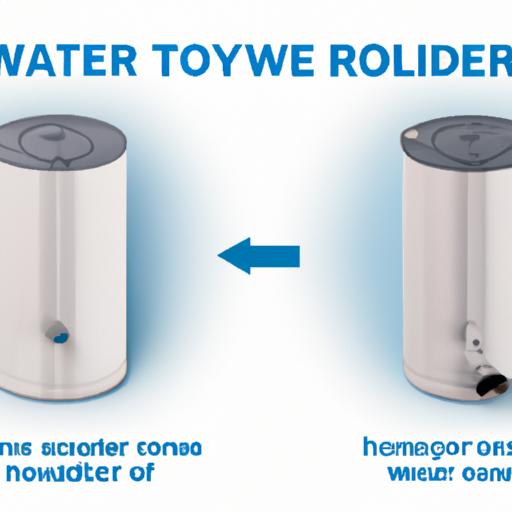
When it comes to choosing the right water heating system for your needs, it’s important to weigh the pros and cons. Conventional water heaters, while widely used, have both advantages and disadvantages. Let’s take a closer look at what makes them a popular choice while also considering their limitations.
Advantages of Conventional Water Heaters
Affordability and Simplicity
One of the key advantages of conventional water heaters is their affordability. Compared to other types of water heaters, such as tankless or solar-powered systems, conventional water heaters are generally more budget-friendly. They have a lower upfront cost and are often easier to install, making them an attractive option for those on a tight budget.
In addition to affordability, conventional water heaters are known for their simplicity. They have a straightforward design that is easy to understand and maintain. This simplicity translates to lower maintenance costs and easier repairs in case any issues arise. With minimal complexity, these water heaters are user-friendly and can be operated without much technical knowledge.
Disadvantages of Conventional Water Heaters
Energy Inefficiency
One notable disadvantage of conventional water heaters is their energy inefficiency. These systems continuously heat and store water, even when not in use, leading to standby heat loss. This means that energy is wasted as the water in the tank gradually cools down and needs to be reheated, resulting in higher energy consumption and utility bills.
Limited Hot Water Supply
Another limitation of conventional water heaters is the potential for a limited hot water supply. Since the amount of hot water available is determined by the tank’s storage capacity, it can be exhausted if multiple hot water demands occur simultaneously. This can be inconvenient for larger households or commercial establishments where a high volume of hot water is required at once.
While these disadvantages should be considered, it’s important to note that advancements in technology and energy-saving practices can help mitigate some of these issues. Upgrading insulation, using timers, and implementing energy-efficient measures can improve the performance and reduce the drawbacks associated with conventional water heaters.
In the upcoming section, we will explore how to choose the right size and capacity for your conventional water heater, ensuring an optimal hot water supply for your specific needs. So, let’s dive in and discover the key factors to consider when selecting the perfect water heater size.
Stay tuned for Section 4, where we will guide you through the process of choosing the right size and capacity for your conventional water heater, ensuring a sufficient and efficient hot water supply.
Choosing the Right Size and Capacity for a Conventional Water Heater
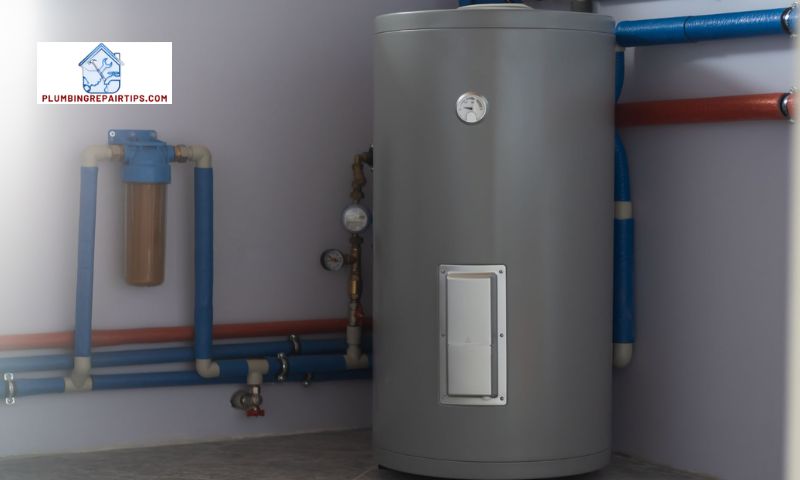
Factors to consider when selecting the appropriate size and capacity for different household or commercial needs
When it comes to choosing a conventional water heater, one size does not fit all. It is essential to consider various factors to ensure you select the right size and capacity that can meet your hot water demands efficiently. Here are some key aspects to consider:
1. Peak demand: Evaluate your peak hot water demand, which refers to the maximum amount of hot water you will require at any given time. Factors such as the number of family members, usage patterns, and simultaneous hot water needs should be taken into account. By estimating your peak demand, you can avoid situations where you run out of hot water during crucial times.
2. Available space: Consider the available space for installation. Conventional water heaters come in different sizes, and it’s crucial to select a unit that fits within the designated space. Measure the height, width, and depth of the installation area to ensure a proper fit. Additionally, consider accessibility for maintenance and repairs.
3. Energy efficiency: While selecting the right size and capacity, keep energy efficiency in mind. A larger water heater may provide more hot water, but it could result in unnecessary energy consumption if you don’t need that much capacity. Look for models with higher energy efficiency ratings to optimize your energy usage and reduce utility bills.
Importance of evaluating the peak demand and available space for installation
Evaluating the peak demand and available space for installation is crucial to avoid any inconveniences or inefficiencies with your conventional water heater. By accurately assessing your hot water needs, you can choose a unit that provides the right amount of hot water without wasting energy or running out during high-demand periods.
Additionally, considering the available space ensures that the water heater fits appropriately without any installation challenges. You don’t want to end up with a water heater that is too large for the designated area or hampers accessibility for maintenance and repairs.
Remember, the right-sized conventional water heater will efficiently meet your hot water demands, optimize energy usage, and provide a reliable supply of hot water when you need it most. In the next section, we will explore essential maintenance tips and troubleshooting techniques to keep your conventional water heater running smoothly.
Stay tuned for Section 5, where we will uncover essential maintenance tips and troubleshooting techniques to ensure the longevity and proper functioning of your conventional water heater.
Conclusion: Embrace the Reliability and Comfort of Conventional Water Heaters
Throughout this article, we have explored the world of conventional water heaters and gained a deeper understanding of their importance, functionality, and maintenance. These stalwart appliances have been faithfully providing us with hot water for decades, and their reliability is unmatched.
From residential homes to bustling commercial establishments, conventional water heaters continue to be a trusted solution for meeting our hot water needs. Their affordability, simplicity, and wide availability make them a practical choice for many.
To ensure the longevity and efficiency of your conventional water heater, it is crucial to follow essential maintenance tips. Regular flushing and cleaning of the tank, checking for leaks and corrosion, and adjusting the temperature settings can go a long way in extending its lifespan and optimizing performance.
However, like any appliance, conventional water heaters may encounter occasional issues. Leaks, inadequate heating, or strange noises can be signs of underlying problems. But don’t worry, troubleshooting techniques are available to address these issues swiftly. Whether it’s replacing a faulty valve or adjusting the thermostat, troubleshooting can often save you from unnecessary expenses and keep your water heater running smoothly.
In conclusion, conventional water heaters are a reliable and practical choice for ensuring a constant supply of hot water in both residential and commercial settings. By understanding their inner workings, following proper maintenance practices, and knowing how to troubleshoot common problems, you can enjoy the comfort and convenience of hot water whenever you need it.
So, embrace the reliability and comfort of conventional water heaters, and let plumbingrepairtips.com be your guide in navigating the world of plumbing and water heating solutions.
Thank you for joining me on this journey through the world of conventional water heaters. If you have any questions or need further assistance, feel free to explore more articles on plumbingrepairtips.com or reach out to our experts. Stay warm and enjoy the benefits of hot water with your trusty conventional water heater!
